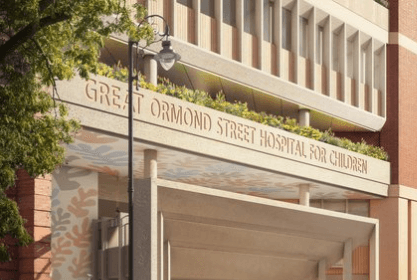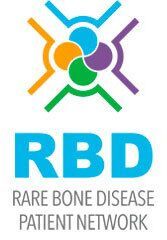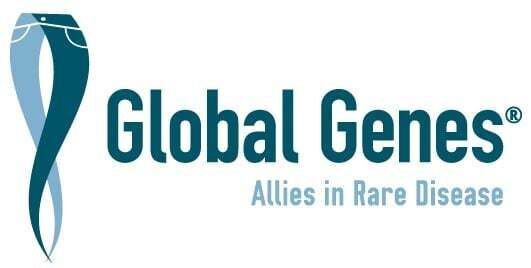
The University College London - Great Ormond Street Institute of Child Health (GOS ICH) and its clinical partner Great Ormond Street Hospital for Children (GOSH) provided an update from the CLA Research Team, led by Maanasa Polubothu, MD, PhD, which is dedicated to revolutionizing the diagnosis and treatment of Complex Lymphatic Anomalies (CLA). Collaborating closely with top scientists in developmental, vascular, and oncogene biology, and with national clinical experts at GOSH, the team is committed to enhancing clinical care and outcomes for children and adolescents affected by CLA.
2024 Key Objectives and Achievements:
- Genetic Diagnosis Accessibility:
- National Health Services (NHS) Collaboration: The team is partnering with the NHS to integrate all CLA genes into diagnostic panels, aiming to make genetic diagnosis accessible to all UK patients with CLA.
- Innovative Testing Methods: The lab is developing liquid biopsy protocols to obtain genetic diagnoses from blood or lymphatic fluid, offering a safer and faster alternative to traditional tissue biopsies.
- Gene Discovery: The team continues to identify new causative genes for CLA to cover diagnostic gaps for patients without known gene changes.
- Advancements in Targeted Therapies:
- The team is working to secure access to repurposed cancer therapies, such as Trametinib, through collaborations with pharmaceutical companies and NHS funders.
- Expert Multidisciplinary Care:
- The team has been instrumental in establishing an NHS England Rare Disease Collaborative Network for Mosaic Disorders, ensuring that expert pediatric and adult clinics are accessible to all patients across the UK.
- Pathobiology and Treatment Development:
- Research is deepening understanding of the pathobiology of CLA, particularly how gene changes disrupt lymphangiogenesis, and exploring potential drug treatments to reverse these effects.
- Organoid Model Development:
- In collaboration with leading vascular biologists, the team is developing biomimetic organoid models of CLA. These models are crucial for studying the disease’s progression and for testing new drug therapies.
Team Highlights:
- Roli Adollo's Achievements: Roli Adollo, a LGDA UK funded Research Associate, had a standout year, focusing on 3D imaging and organoid model development for CLA. Her findings were presented at the International Conference on Vascular Anomalies in Brussels in 2023, where she earned a poster prize. A paper detailing her research is in preparation for publication.
- Hei-Yin Law’s Academic Success: Hei-Yin Law, a UCL MRes student, graduated with first-class honors, having completed his thesis on disrupted lymphangiogenesis in CLA. His work has led to the creation of crucial gene-edited cell lines now being used in the lab.
Looking Ahead:
Thanks to foundational support from LGDA UK, the research has gained significant momentum. This past year, the team secured additional funding from the UCL Therapeutic Innovation Network, the UCL GOS Institute of Child Health Research Development Fund, and the National Institute for Health Research (NIHR) UCL GOS Biomedical Research Centre. These grants will support the ongoing and future projects, reinforcing their position at the forefront of CLA research.
The team is excited about the potential of their current projects to bring about substantial improvements in the lives of those suffering from CLA. They are grateful for the continued support from their partners and the community, and they look forward to sharing more breakthroughs in the coming years.
Learn about UCL Great Ormond Street Institute of Child Health (GOS ICH).






